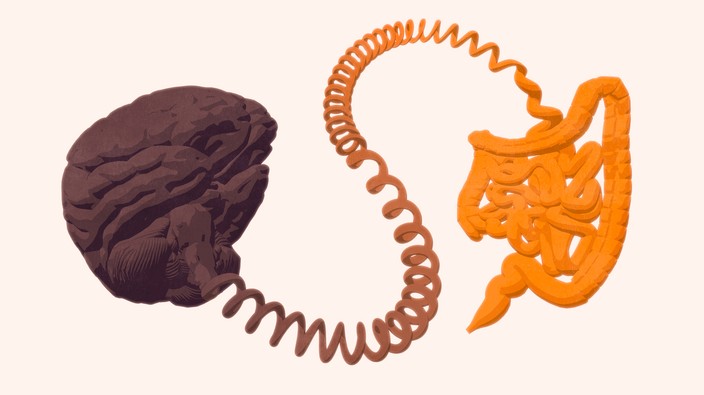covid-19 raises risk of alzheimer's, parkinson's and stroke: study
researchers also found that the risks were also similar to people who contracted other respiratory illnesses, like influenza.
canada spends millions on alzheimer's research. why are we still so far from a cure?
the 'silver tsunami' is coming, bringing with it steadily increasing rates of alzheimer's and dementia and the experts say canada is far from prepared.
this many hours of sleep can help avoid alzheimer's and anxiety
a recent study found that too little and too much sleep were both associated with cognitive impairment, including lapses in attention, memory and problem-solving skills.
 2 minute read
2 minute read









